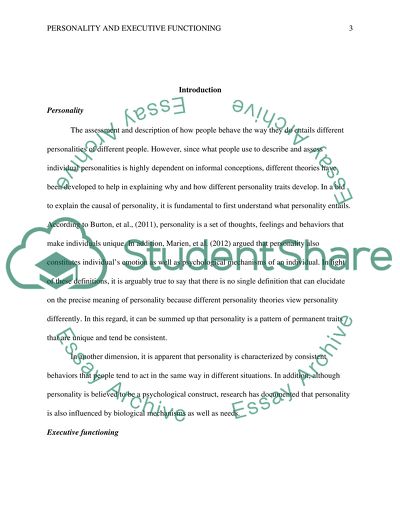Cite this document
(“Personality and executive functioning Research Proposal”, n.d.)
Personality and executive functioning Research Proposal. Retrieved from https://studentshare.org/psychology/1493038-personality-and-executive-functioning
Personality and executive functioning Research Proposal. Retrieved from https://studentshare.org/psychology/1493038-personality-and-executive-functioning
(Personality and Executive Functioning Research Proposal)
Personality and Executive Functioning Research Proposal. https://studentshare.org/psychology/1493038-personality-and-executive-functioning.
Personality and Executive Functioning Research Proposal. https://studentshare.org/psychology/1493038-personality-and-executive-functioning.
“Personality and Executive Functioning Research Proposal”, n.d. https://studentshare.org/psychology/1493038-personality-and-executive-functioning.


